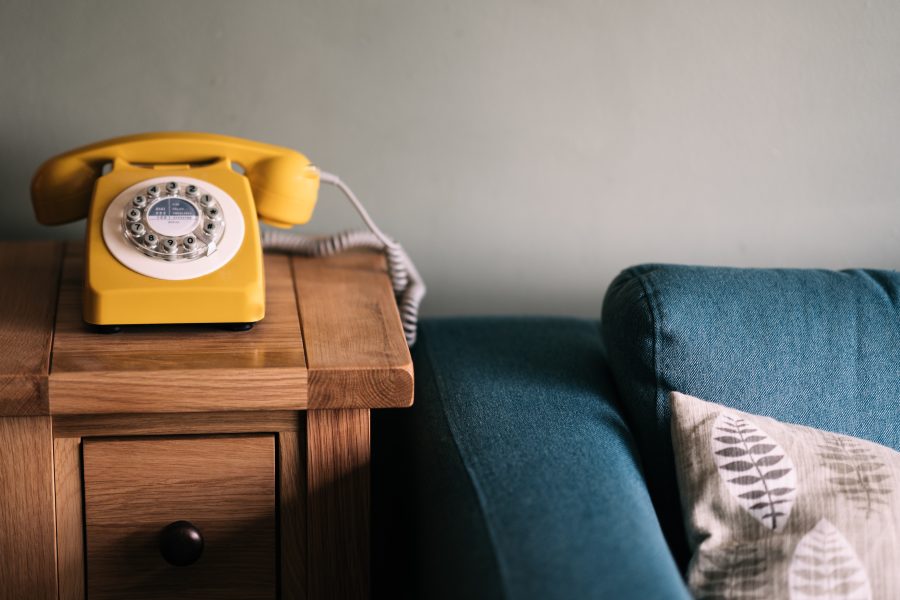On the 23rd March 2020, the way we communicated and interacted with each other changed overnight.
Leisurely Sunday dinners spent with family swapped to video calls. Grandparents ordered iphones from Amazon so they could watch their grandchildren play through a screen. Work meetings were moved onto Zoom. We all took part in at least one online pub quiz. No one escaped it, and we were all in it together.
As we flexed our digital knowledge, our community spirit also thrived. Neighbours looked out for each other, offering to collect shopping, or prescriptions, or just to have a chat through a kitchen window. We were there for each other, and showed it every Thursday as we clapped for the NHS, or cheered on Captain Sir Tom Moore.
As the days turned into weeks, and the lockdown extended, we prided ourselves on our resilience, and our ‘Dunkirk Spirit’. This wouldn’t beat us.
But YMCA Crewe began to see a different crisis emerging. Elderly people within our community who didn’t have family to go shopping for them, or a friendly neighbour to knock on the kitchen window, were becoming more and more isolated. Afraid to leave their houses, they had begun trying to seek contact with the outside world by calling their GPs on a regular basis.
At the same time, with the closure of schools and the total ban on meeting in groups, the work of our Communities Team had ground to a halt. We began to explore whether our Communities Team could be temporarily repurposed, and use their fantastic interpersonal skills to support socially isolated elderly people in our community.
We applied for funding to begin a telephone befriending service. The purpose of the befriending service was to improve mental health wellbeing for vulnerable residents in our local community, build relationships that could be sustained following the easing of lockdown restrictions, and improve community morale through an increase in safe social contact.
We recruited six volunteers, and supported eight people over the age of 60 with up to one hour a week of telephone conversations. They were recently bereaved, and living alone.
Through the befriending service, they were able to process some of their grief and confusion, had a regular friendly chat, and felt less overwhelmed by the effects of lockdown.
We have maintained regular contact with the people who accessed this service, and a weekly phonecall has become part of their established routine. It’s something they look forward to, that has improved their morale and reduced their feelings of isolation.
One woman supported by the service was 83 years old, and was housebound following a stroke. She had lost her partner in 2019 and had become depressed and suffered from loneliness. She didn’t hear from her family often, and although to begin with she would get upset during the befriending phone calls, she recognised the need to talk to someone about her loss. As the relationship progressed, the conversation turned to her hobbies, such as bird watching in her garden.
As time went on she became less upset and distressed when talking about her partner, and felt that she had turned a corner. She requested two calls a week, and finds that they are something to look forward to, and one of the things that keep her going.
The befriending service taught us that even the most seemingly confident and competent individuals have struggled through the Covid-19 lockdowns. We made calls to people who, pre-pandemic, were retired but remained very active with busy social lives. These same individuals spent the pandemic totally isolated, losing both the motivation and confidence to get back outdoors.
We must never forget that the people who need us most, may not always be the most obvious.










